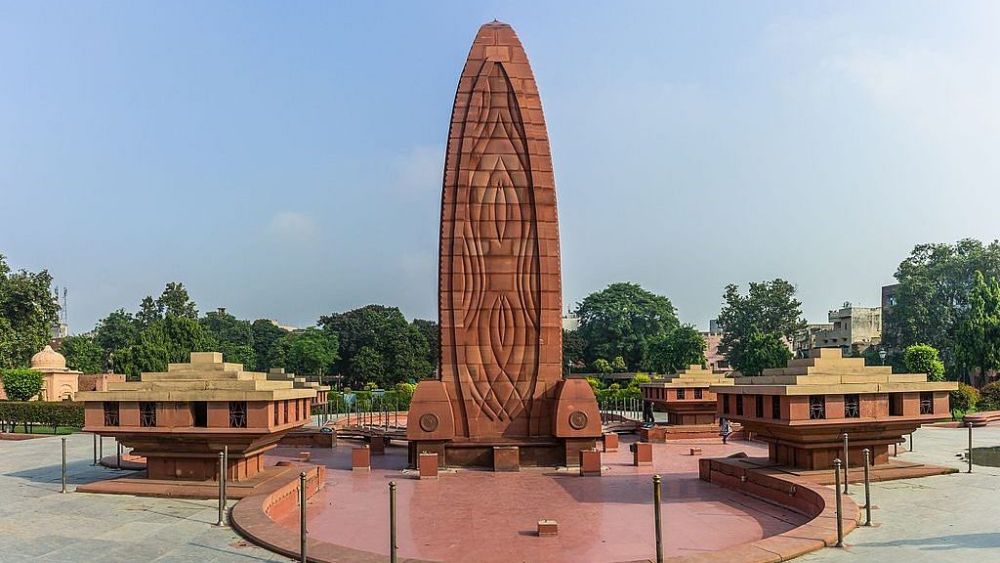

Jallianwala Bagh, located in the vibrant city of Amritsar, Punjab, is a site of great historical significance for India. This public garden, nestled close to the Golden Temple (Sri Harmandir Sahib), stands as a memorial to one of the most tragic events in India's struggle for independence from British rule.
On April 13, 1919, the festival of Baisakhi, one of Punjab’s largest religious gatherings, was turned into a tragedy. Thousands of people had congregated in the Jallianwala Bagh, which was then a large open space surrounded by high walls with only a few narrow entrances. Most of the crowd was not involved in the political rallies that were challenging British authority but were there to celebrate the festival.
General Reginald Dyer, a British military officer, ordered his troops to fire without warning into the crowd, in an attempt to enforce a recently proclaimed law banning public assemblies. The indiscriminate firing lasted about 10 minutes and resulted in the death of hundreds, with estimates ranging from the British official figure of 379 to numbers well over 1,000 according to Indian sources. The tragedy came to be known as the Jallianwala Bagh massacre.
As news of the massacre spread, Jallianwala Bagh became a rallying point for the Indian independence movement. The event is deeply etched into the collective memory of the Indian populace and is historically significant as a symbol of colonial repression and the fight for freedom.
In post-independence India, Jallianwala Bagh was transformed into a memorial to honor those who had died. The place has been preserved almost as it was during the massacre, including still-visible bullet marks on the walls and the well into which many people jumped to escape the gunfire. The site now features a museum, a gallery, and a number of commemorative statues and structures.
Tourists from all over India and the world visit Jallianwala Bagh to pay their respects and to learn more about an event that had such a profound impact on India's history. It stands as a symbol not just of the brutality of the colonial era but also of the resilience and spirit of the Indian people.
In recent years, the focus has been on improving visitor amenities and enhancing the educational value of the site. Digital exhibitions and sound-and-light shows that tell the story of the massacre have been added to engage and inform tourists more effectively. Furthermore, the government has initiated conservation efforts to ensure the site is preserved for future generations.
Jallianwala Bagh continues to attract tourists with its powerful history and the emotional weight it carries. Visiting the memorial offers a poignant reminder of the atrocities of colonial rule and the enduring fight for freedom and justice.
Opening Hours: Jallianwala Bagh is open to visitors every day, with seasonal variations in visiting hours.
Entry Fee: There is no entry fee for visitors, making it accessible to everyone interested in this important chapter of Indian history.
Best Time to Visit: The cooler months from November to March make for the most comfortable visiting conditions.